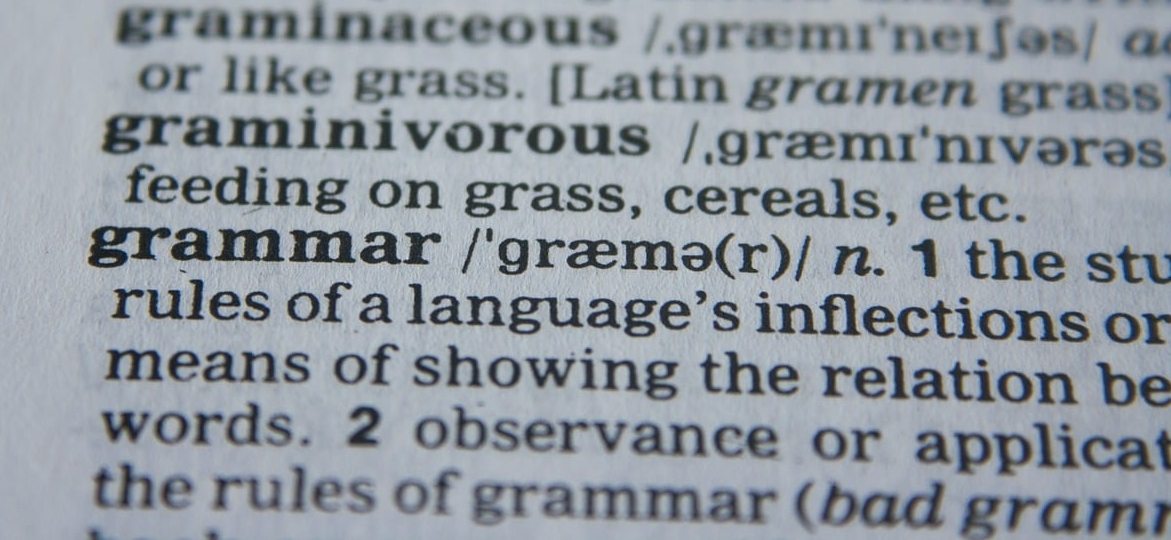In this article, we talk about the French imperfect tense. Read on to find out:
- When to use the French imperfect tense
- How to conjugate different verb groups
- Exceptions to the rule
If you want to get chatting in French, you really can’t avoid the imperfect. And although the tense itself might not be, this quick guide truly is perfect!
If you wish to improve your French skills online or to take the tests DELF, DALF or TCF revising all our french grammar and conjugation worksheets is always a great idea!
What is the imperfect?
The imperfect is one of the French language’s two main past tenses. In comparison to the passe compose, the imperfect is used to describe continuous past actions.

When do we use it?
There are many situations where the imperfect comes in handy, but here’s a list of the most frequent situations:
- Recurrent actions, e.g. “I used to play piano”
- Describing feelings, e.g. “I was a happy child”
- Describing age and time, e.g. “I was 14 years old”
- General descriptions in the past, e.g. “It was cold”
- Ongoing actions punctuated by another action, e.g. “I was on the phone when he arrived”
Conjugating a verb in the French imperfect tense
The imperfect is the same as the other tenses in French in that you must conjugate your verb according to the subject in order to use the tense correctly.
To conjugate a verb in the French imperfect tense, simply follow these steps:
- Take the nous form of the verb in the present tense
- Remove the -ons ending
- Add the appropriate ending according to the subject of the verb: -ais; -ais; -ait; -ions; -iez; -aient.
Conjugating -er verbs in the imperfect
As you know, the first group of verbs (-er verbs) are the simplest verbs to conjugate in French, and the same is true for the imperfect tense.
The table below shows how we can apply the above steps to a verb like jouer:
| Jouer | |
|---|---|
| je | jouais |
| tu | jouais |
| il, elle | jouait |
| nous | jouions |
| vous | jouiez |
| ils, elles | jouiaient |
Conjugating -ir verbs in the imperfect
The second group of verbs (-ir verbs) follow the same process as the first, although the results can be a little different. Have a look at how a verb like finir conjugated in the French imperfect tense in the table below:
| Finir | |
|---|---|
| je | finissais |
| tu | finissais |
| il, elle | finissait |
| nous | finissions |
| vous | finissiez |
| ils, elles | finissaient |
French pronunciation can be tricky. In the example above, the third person plural is pronounced exactly the same as the first, second, and third persons singular, even if all four forms are written differently.
Conjugating -re verbs in the imperfect
The third group is the most varied, with endings in -ir, -dre, -aître and -oître. As you will have already seen, you simply need to learn whether an -ir verb falls into the second or third group.
Here are some examples of how verbs in this group conjugate in the French imperfect tense:
| Dormir | Venir | Prendre | Connaître | |
|---|---|---|---|---|
| je | dormais | venais | prenais | connaissais |
| tu | dormais | venais | prenais | connaissais |
| il, elle | dormait | venait | prenait | connaissait |
| nous | dormions | venions | prenions | connaissions |
| vous | dormiez | veniez | preniez | connaissiez |
| ils, elles | dormaient | venaient | prenaient | connaissaient |
Conjugating the verb être
The verb être (to be) is probably the most important verb in the French language. As an irregular verb, it follows its own rules for conjugating across tenses, but luckily it is the only verb to do so in the imperfect tense.
| Être | |
|---|---|
| je | étais |
| tu | étais |
| il, elle | était |
| nous | étions |
| vous | étiez |
| ils, elles | étaient |
Exceptions to the rule
The good news is that there are very few exceptions to take into account for the French imperfect tense. The only types of verbs to worry about are those ending -cer or -ger. These verbs generally follow the same pattern, however they both undergo small changes to allow for consistent pronunciation.
Verbs ending -cer have a special accent (a cedilla) in the nous form: e.g. nous commençons. This accent remains for all forms of the French imperfect tense, excluding the nous and vous forms.
Verbs ending -ger conjugate a little differently in the nous form of the present tense, with an additional e before the ending. Similarly, this additional e remains for all tenses of the imperfect, excluding the nous and vous forms.
| Manger | Commencer | |
|---|---|---|
| je | mangeais | commençais |
| tu | mangeais | commençais |
| il, elle | mangeais | commençait |
| nous | mangions | commencions |
| vous | mangiez | commenciez |
| ils, elles | mangeaient | commençaient |
Revising with GlobalExam
The French imperfect tense isn’t too tricky, but it requires repetition to get the hang of it.
Luckily, you can find everything you need to nail it on GlobalExam. Refresh your knowledge with our revision sheets, test your understanding with exercises on the imperfect, and study your progress using our statistics tracker.
Still have questions on the imperfect? GlobalExam is the place for you!
More articles on French conjugation:
- French Conjugation: All you need to know about Verbs And Tenses
- French Future Tense: How Does The Conjugation Work?
- Past Participle Tense In French: Regular And Irregular Verbs
- French present Tense: How Does The Conjugation Work?
- Subjunctive In French:Practice The Conjugation And Phrases
- What Are The Reflexive Verbs in French? Worksheets And Exercises
- Conditional Tense In French: Understanding The Structure



